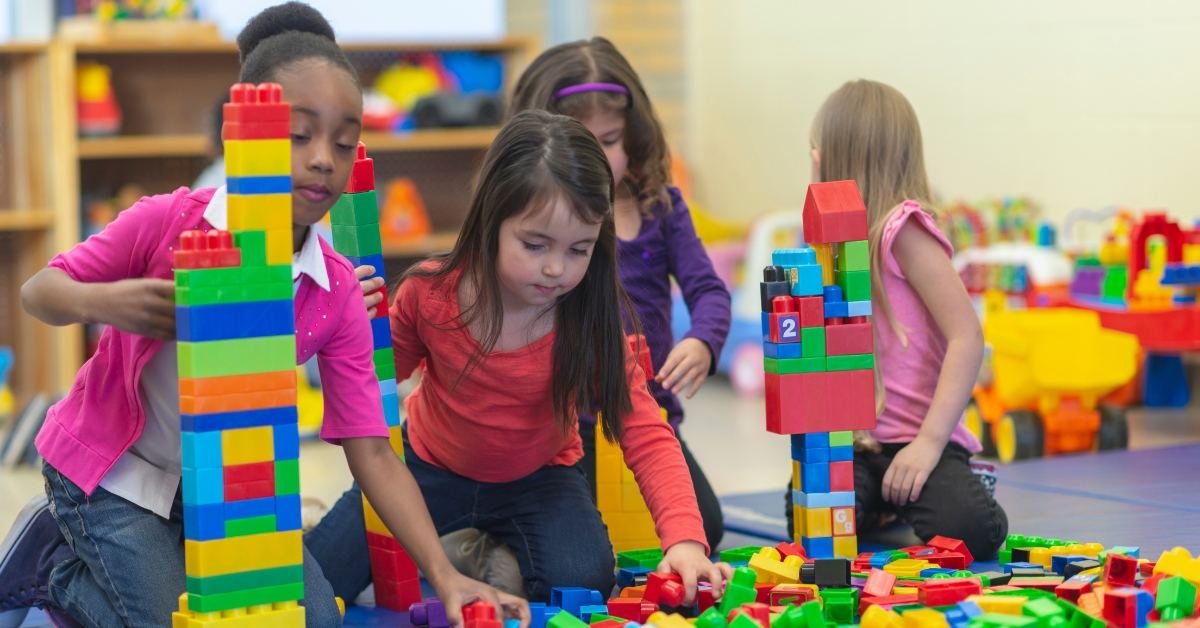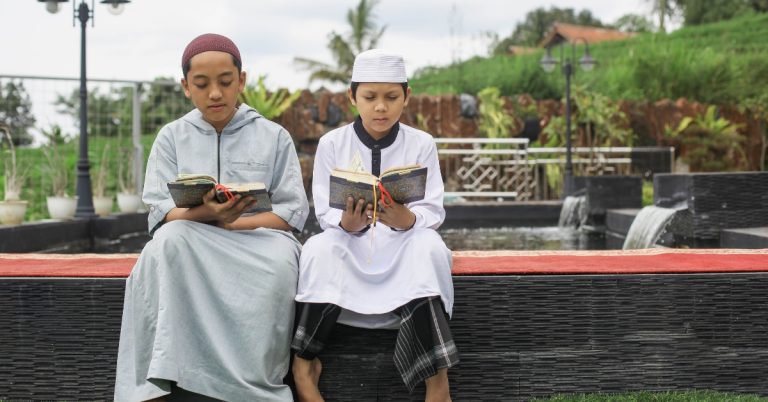Early childhood is a crucial period that sets the foundation for a child’s future physical, emotional, and cognitive well-being. From the moment of birth, infants begin a journey of growth and discovery, achieving key developmental milestones that signify their progress. Understanding these milestones is essential for parents, caregivers, and educators, as it allows them to provide the necessary support and interventions to help children thrive. This article explores the essential milestones in early development, divided into five key domains: physical, cognitive, social-emotional, language, and self-help skills.
Physical Development
Physical development refers to a child’s ability to control their body and coordinate movement. It can be further divided into fine motor skills (small movements, such as grasping small objects) and gross motor skills (larger movements, such as crawling and walking).
Key Milestones:
-
- Birth to 3 Months: Infants begin to gain control of their head, pushing up while lying on their stomach. They also start to grasp fingers.
-
- 4 to 6 Months: Babies can roll over and sit up with support. They begin transferring objects from one hand to the other.
-
- 7 to 12 Months: Crawling becomes common, followed by pulling up and standing with support. Fine motor skills improve as they learn to pick up small objects using a pincer grasp.
-
- 1 to 2 Years: Walking independently occurs during this period. Children become more adventurous, experimenting with climbing and running.
-
- 2 to 3 Years: Two-year-olds can kick a ball, climb stairs with assistance, and begin to refine their hand-eye coordination through simple puzzles and drawing.
Cognitive Development
Cognitive development encompasses a child’s ability to think, learn, and solve problems. Young children are naturally curious, and their environment plays a pivotal role in shaping their cognitive growth.
Key Milestones:
-
- Birth to 2 Years: Infants explore their surroundings through their senses. They begin to recognize familiar faces and objects, showing preferences.
-
- 2 to 3 Years: Toddlers engage in symbolic play, using objects to represent something else. They start understanding simple concepts such as size and color.
-
- 3 to 4 Years: Preschoolers ask questions and develop an understanding of cause-and-effect relationships. They begin to follow multi-step instructions.
-
- 4 to 5 Years: Children start recognizing letters and numbers, enhancing their pre-reading skills. They become adept at categorizing objects and solving simple puzzles.
Social-Emotional Development
Social-emotional development involves a child’s ability to express feelings, interact with others, and understand social cues. This aspect is vital for building relationships and developing empathy.
Key Milestones:
-
- Birth to 3 Months: Infants demonstrate social responsiveness by smiling and making eye contact. They also begin to recognize their caregivers’ voices.
-
- 4 to 6 Months: Babies develop attachment to primary caregivers and may show anxiety when separated.
-
- 7 to 12 Months: Infants engage in social referencing, looking to caregivers for cues on how to respond to new situations.
-
- 1 to 2 Years: Toddlers start expressing a wider range of emotions, including frustration and joy. They engage in parallel play alongside peers.
-
- 2 to 3 Years: Children begin to assert independence, often saying “no.” They learn to share, take turns, and express empathy through simple gestures.
Language Development
Language development encompasses both understanding and using spoken language. Early language skills are crucial, as they influence literacy development and overall communication abilities.
Key Milestones:
-
- Birth to 3 Months: Infants coo and make gurgling sounds. They respond to the tone of voice and can recognize their caregiver’s voice.
-
- 4 to 6 Months: Babbling begins, with babies experimenting with different sounds, which is important for speech development.
-
- 7 to 12 Months: First meaningful words may be spoken: “mama” and “dada.” Infants start to respond to simple verbal requests.
-
- 1 to 2 Years: Vocabulary expands to approximately 50 words, and children begin combining two words to form simple sentences.
-
- 2 to 3 Years: Vocabulary rapidly increases, with children using three-to-five-word sentences and starting to ask questions.
Self-Help Skills
Self-help skills are crucial for fostering independence and confidence. These skills involve daily activities such as eating, dressing, and personal hygiene.
Key Milestones:
-
- Birth to 1 Year: Infants rely completely on caregivers for basic needs. They begin to develop feeding skills using fingers and simple utensils.
-
- 1 to 2 Years: Toddlers express a desire to do things themselves, helping with dressing or cleaning up.
-
- 2 to 3 Years: Children can begin to dress with minimal assistance, wash hands, and can feed themselves. They may also begin toilet training.
Conclusion
The building blocks of childhood – physical, cognitive, social-emotional, language, and self-help development – are interconnected and essential for holistic growth. Recognizing and supporting these milestones enables caregivers to foster a nurturing environment where children can explore, learn, and grow. Each child develops at their own pace, and understanding these milestones can help identify when a child may need additional support or intervention. Ultimately, the early years are a time of incredible growth and potential, laying the groundwork for a lifetime of learning and development.



